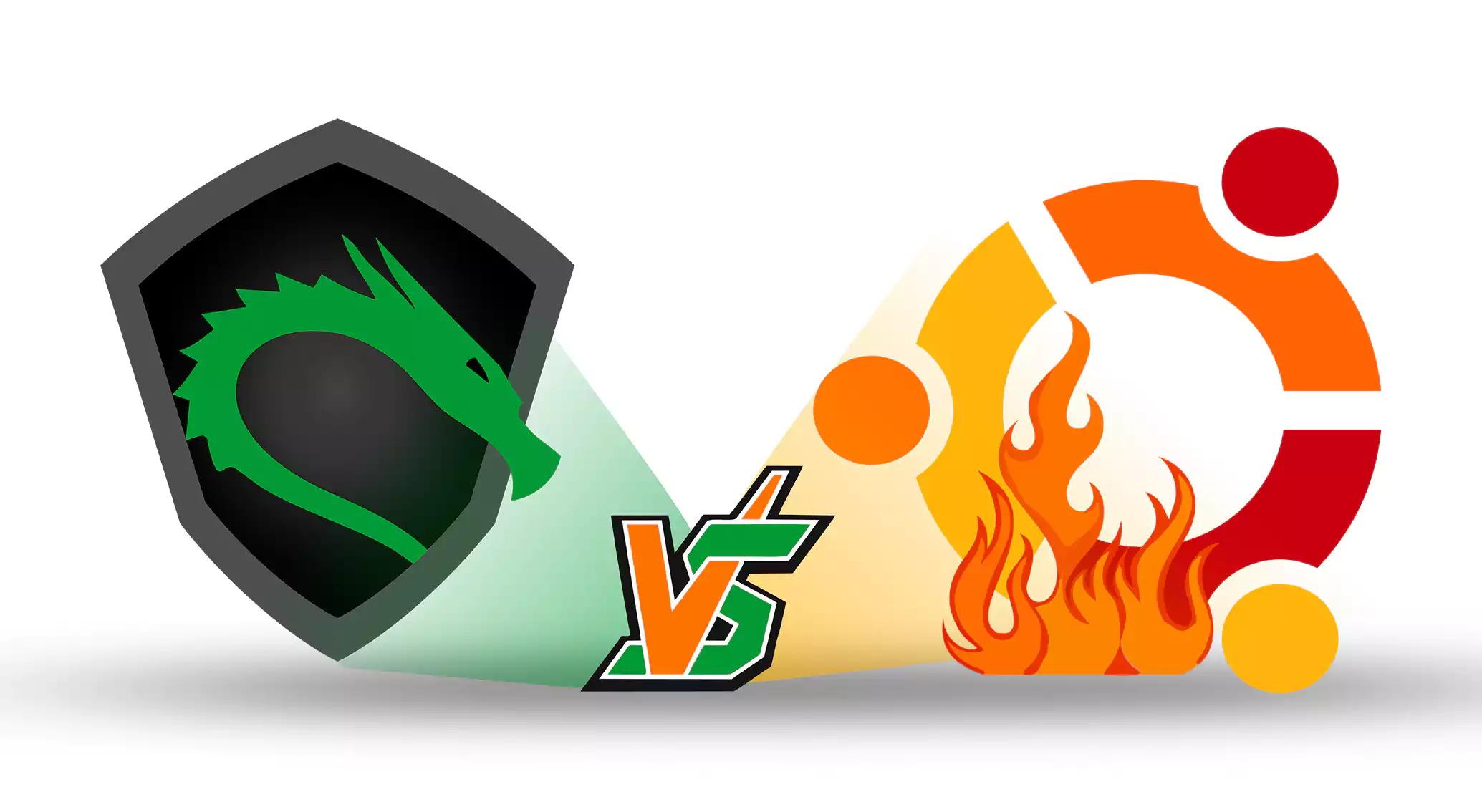
In the realm of operating systems, Linux-based systems have garnered immense popularity due to their open-source nature and robust functionality. Within the Linux universe, two distros have consistently outshone the rest: Kali Linux vs Ubuntu. Both are recognized for their versatility and extensive user bases. Today, we venture into the exhilarating world of Kali Linux and Ubuntu to unravel their unique attributes, and ultimately answer the long-standing question: Which one rules the Linux realm?
1. Training Grounds: Kali Linux – The Hacker’s Sanctuary
Kali Linux, often referred to as the hacker’s favorite distro, is designed specifically for penetration testing and ethical hacking. This distro’s arsenal includes over 600 pre-installed tools, making it an ideal choice for cybersecurity professionals and enthusiasts. Dive into the world of Kali Linux and explore its vast range of applications, including vulnerability assessment, network analysis, and digital forensics.
2. Versatility with Ubuntu: The Swiss Army Knife of Linux Distros
Ubuntu, the epitome of user-friendliness, triumphs with its versatility and adaptability. A favorite among beginners and seasoned users alike, it offers a smooth learning curve and extensive support. Discover why Ubuntu has morphed into a powerful choice not only for personal computers but also as the foundation for several popular Linux distributions such as Linux Mint and Elementary OS.
3. Performance Showdown: Kali Linux’s Raw Power vs. Ubuntu’s Resource Efficiency
When it comes to performance, both Kali Linux and Ubuntu have distinct strengths. Kali offers intense computing power, a reflection of its hacker-centric focus. Conversely, Ubuntu is praised for its resource efficiency, making it suitable for older hardware. Dive into a head-to-head comparison of how these two distros cater to different performance requirements and discover which one suits your needs.
4. Customization Galore: Ubuntu’s Astounding Flexibility vs. Kali Linux’s Laser Focus
Customization is the heart and soul of Linux, and Ubuntu and Kali Linux are no exception. Ubuntu boasts an extensive range of desktop environments and themes, allowing users to tailor their system to their liking. Meanwhile, Kali Linux’s primary focus on cybersecurity and ethical hacking leaves little room for customization, ensuring crucial tools are always at the user’s fingertips. Get ready to debate between a fully personalized system or a perfectly optimized hacking powerhouse.
5. User Community and Support: Ubuntu’s Gigantic Following vs. Kali Linux’s Niche Expertise
In the realm of Linux, community support plays a pivotal role. Ubuntu’s massive user base ensures a vast array of resources, forums, and documentation for users of all expertise levels. On the other hand, Kali Linux’s tight-knit community of cybersecurity professionals offers unmatched expertise within ethical hacking and penetration testing. Explore the benefits of each community and decide which one aligns better with your goals.
Conclusion
In the Kali Linux vs. Ubuntu battle, choosing a winner solely depends on personal preferences, requirements, and level of expertise. Both distros excel in their respective domains, be it Kali Linux’s power-packed penetration testing tools or Ubuntu’s user-friendly experience. Whatever your objective, the Linux realm has a place for you, ensuring you find the perfect operating system to conquer your digital frontiers. So, gear up, experiment, and choose the victor that suits your unique needs.
[yasr_visitor_votes size=”medium”]





